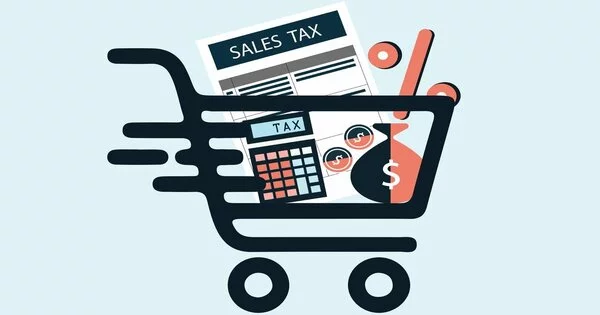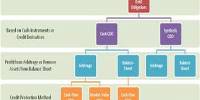Sales tax is a type of tax that is imposed on the sale of goods and services. It is a tax levied on the sale of certain goods and services and paid to a governing body. Generally, laws allow the seller to collect tax funds from the consumer at the point of purchase. It is usually calculated as a percentage of the purchase price and is added to the total cost of the item or service.
Sales tax rates vary by jurisdiction, and they can be imposed at the state, county, and city level. Some states do not have a sales tax, while others have rates that exceed 10%. Sales tax can be included in the advertised price of an item or added at the point of sale.
Purpose
The purpose of sales tax is to generate revenue for the government, which can be used to fund public services and programs.A use tax is a tax on goods or services that is paid directly to a governing body by a consumer. Food, education, and medicines, for example, are frequently exempt from sales and use tax under state law. A value-added tax (VAT) on goods and services is similar to a sales tax. Key differences can be found in the comparison with sales tax.
Sales tax is typically collected by the seller, who is responsible for remitting the tax to the government. Failure to collect and remit sales tax can result in penalties and legal consequences. However, some jurisdictions have exemptions or special rules for certain types of transactions, such as sales to non-profit organizations or purchases of essential items like food and medicine.
A sales tax is a government-imposed consumption tax levied on the sale of goods and services. A standard sales tax is levied at the point of sale, collected by the retailer, and paid to the government. Depending on the laws in that jurisdiction, a business may be liable for sales taxes if it has a presence there, which can be a physical location, an employee, or an affiliate.
Advantages
Sales tax can be levied at different levels of government, such as state, county, or city. The tax rate and rules can vary depending on the jurisdiction. Some jurisdictions exempt certain goods or services from sales tax, while others impose a sales tax on all goods and services.
Sales tax is typically used as a source of revenue for governments to fund public services and infrastructure. The tax is often considered regressive because it places a greater burden on low-income individuals, who may spend a larger portion of their income on taxable goods and services. Some jurisdictions have implemented measures, such as exemptions for essential items like groceries, to mitigate this effect.
















